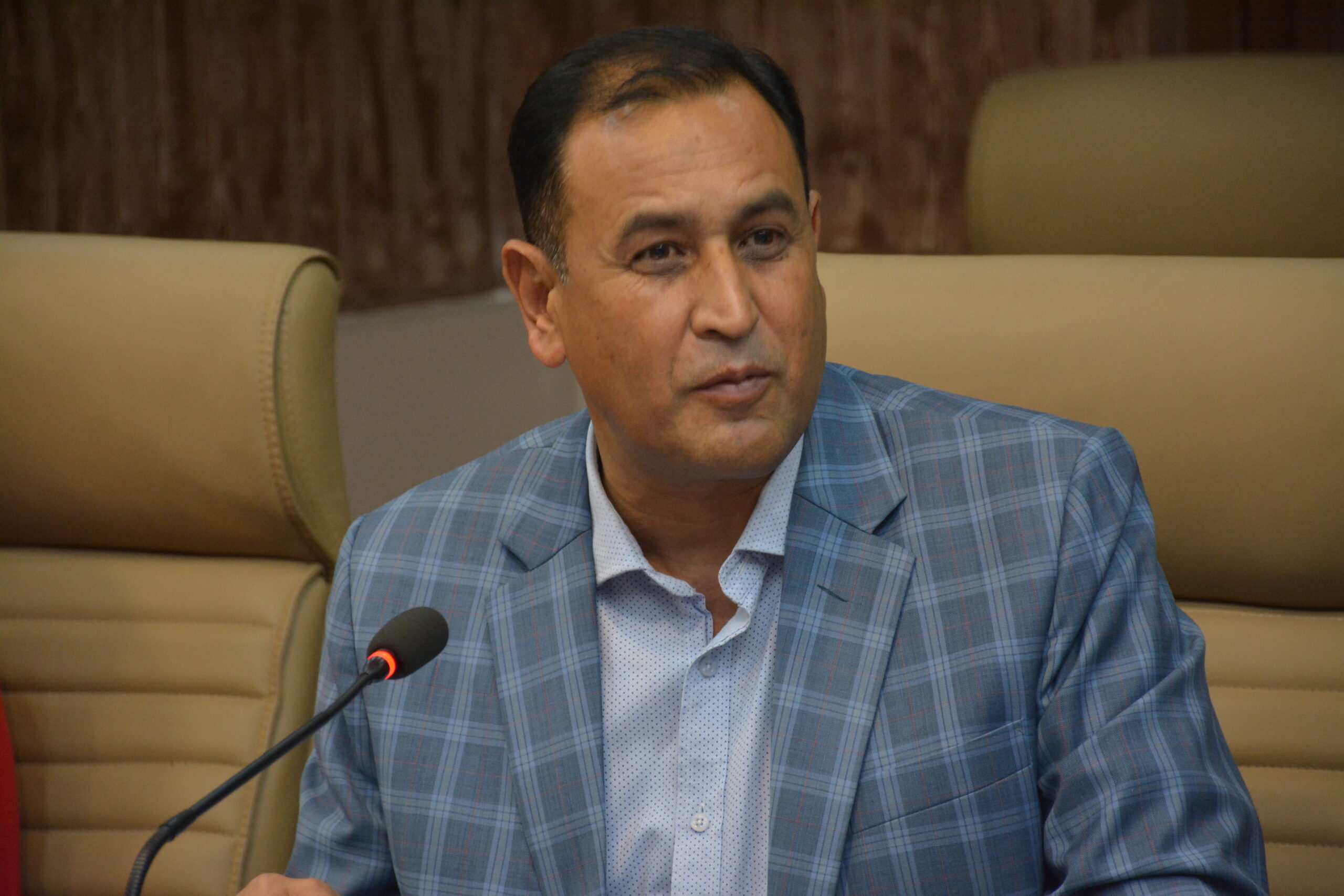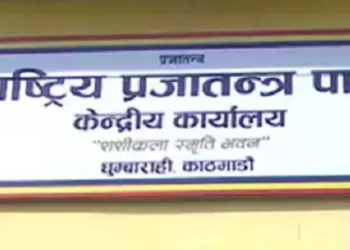In the realm of foreign policy, it is imperative that we accord top priority to our nation.
The intricacies of Nepal’s foreign policy have long been a subject of debate, particularly when a new prime minister and foreign minister take office.
The deliberation often centers around where to embark on official overseas visits, as it appears that in Nepal, politics commences with foreign excursions.
The significance of these political journeys cannot be overstated. However, we must not overlook the broader implications of our foreign policy decisions on the economy and diplomacy.
Neglecting this aspect could potentially give rise to substantial challenges within Nepal’s political landscape.
Instances of oversight in this regard are not uncommon. It is not uncommon for seemingly minor decisions to have a significant impact on public sentiment.
Even trips by ministers who are not officially designated as representatives to neighboring countries, such as the foreign minister, finance minister, defense minister, and home minister, can bear implications for our foreign engagements.
One essential aspect is the permission granted for specific investments, which should be balanced with considerations related to security, including arms and drug trafficking.
Therefore, it is vital to consider the repercussions of these visits carefully.
Furthermore, these foreign policy decisions have a direct impact on whether foreigners choose to visit Nepal or not.
This aspect requires careful consideration as well. Imagine the challenges we face if an ambassador from another country visits the residence of one of our leaders.
Intelligence chiefs from various nations engage in secretive discussions with our prime minister through the night, often on matters of which we are unaware. Failing to gain insights from these interactions could prove detrimental.
When discussing Nepal’s foreign policy, a pattern emerges where we frequently replace ambassadors following changes in government.
This practice extends beyond ambassadors and extends to party affiliations and personal networks.
It is crucial that we prioritize our nation’s interests above caste and party affiliations in our foreign policy decisions.
A poignant example of this approach emerged when former Prime Minister KP Oli was questioned by the Indian media about a minor dispute with India.
The question posed was: How would you react if your country’s leader made such remarks about another nation?
His response was illuminating, “We may have differences with the Prime Minister of our country on many issues, and there may be political disagreements.”
However, I stand behind the national interests he represents. I support him in this.
This approach, emphasizing national interests over political disputes, holds great merit today. Let us shift our focus to investments.
Have we, as a nation, attracted significant investments following the construction of the International Convention Center (ICC) in Nepal and the Banepa Bardibas road? Didn’t our prime ministers talk about the potential for trains and ships?
These visionary projects were conceived during periods of stable governance, but their realization has not been prioritized.
Have we received assistance from external partners? Our aim should be to create an environment where we can garner support from others, not just advocate for our own perspectives.
Unilateral advancement is not always feasible. There are instances where our interests align with those of other nations, encompassing language, culture, political systems, and voting mechanisms. While these systems may vary, fostering cooperation and friendship remains crucial.
Differing perspectives also extend to economic matters. Contemporary examples such as Singapore and Dubai, which are not landlocked, have witnessed substantial development.
If our political parties can similarly demonstrate such unity and determination, it will undoubtedly contribute to the success of our foreign policy.
As we transition toward a more open economy, we must exercise flexibility while maintaining a degree of rigor.
One essential aspect is the permission granted for specific investments, which should be balanced with considerations related to security, including arms and drug trafficking.
In this regard, it is vital to engage in consultations with friendly nations to ensure a conducive environment for investments.
Nepal possesses significant investment potential, and we must strive to create an environment that both addresses challenges and seizes opportunities, thus fostering progress.
Our military prowess should not be underestimated. Despite having a smaller number of troops compared to countries like China and India, our army has demonstrated remarkable competence on the global stage.
This integrity, as exemplified by the steadfast dedication of our armed forces, is a testament to our capabilities.
If our political parties can similarly demonstrate such unity and determination, it will undoubtedly contribute to the success of our foreign policy.
(Excerpts from the opinions expressed by Nepali Congress lawmaker Ramhari Khatiwada during an interaction program titled ‘Opportunities and Challenges of Nepal’s Foreign Policy,” held at the Pavilion Hall, Durbar Marg, Kathmandu)









Comment